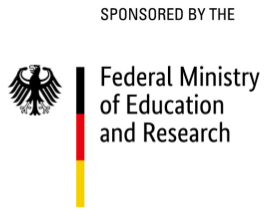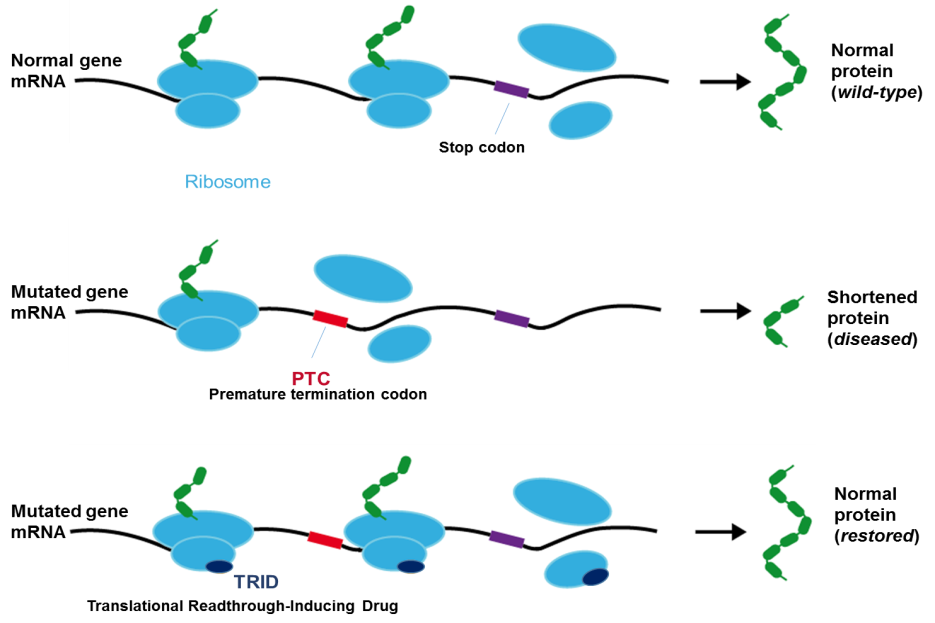
Musculoskeletal disease is the most common cause of disability and loss of independency in the ageing populations across the globe. In this context, bone fractures and their complete healing also plays an important role. Due to the intrinsic regenerative capability of bone, in many cases, fractures can heal in a fast and effective way. However, healing of 10-15% of fractures is impaired leading to non-unions (failure of fracture healing after 6 months). Treatment of non-unions for patients comorbid with metabolic abnormalities such as type 2 diabetes mellitus (T2DM) is particularly difficult, and remains an unresolved clinical challenge. Within SyMBoD - a consortium of five academic partners and Genevention, funded by the BMBF - specialists congregated aiming at the provision of optimized and individualized diagnosis and therapy options promoting endogenous regeneration in this field of unsolved clinical need by the development of an innovative system medicine-based digital technology towards a theranostic platform. Patients with non-union and type 2 diabetes mellitus (T2DM) will serve as a role model to achieve a holistic understanding of system interplay that would impede regeneration and lead to substantial morbidity. In the second phase of the project, patients with a lack of endogenous bone regeneration capability (diagnostics based on omics and imaging data) will be provided with personalised (3D printed) smart implants that restore the hampered blood supply enabling cellular self-organization to regenerate defects that do not heal otherwise. Genevention will develop a digital platform for omics data management and 3D implant optimization based on semantic data integration technologies, analysis plugins for modeling and simulation and intuitive interfaces for clinical use cases.
